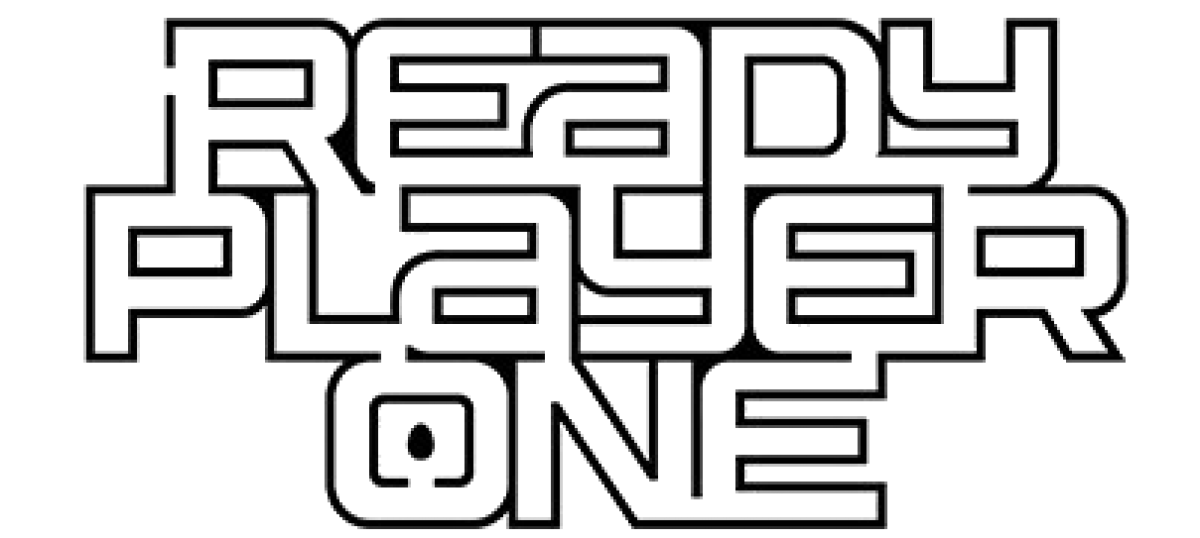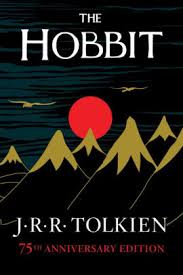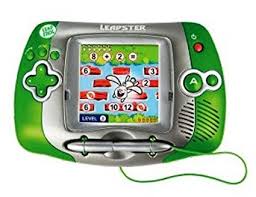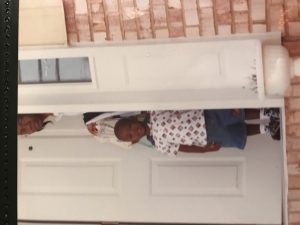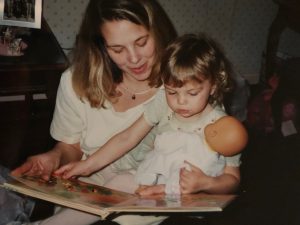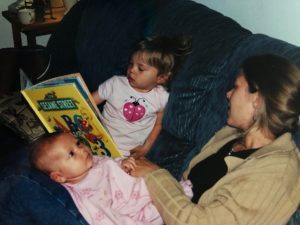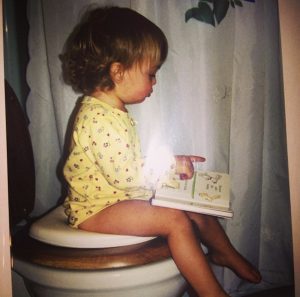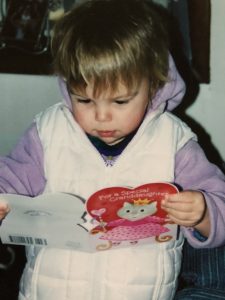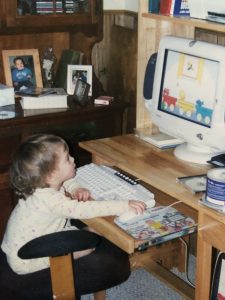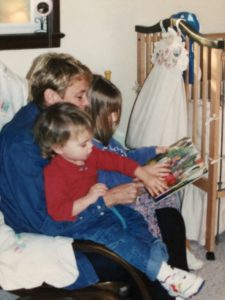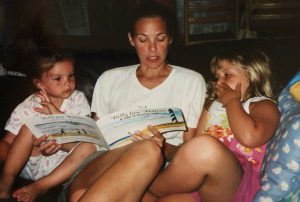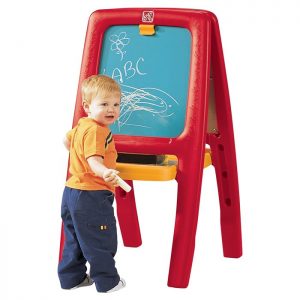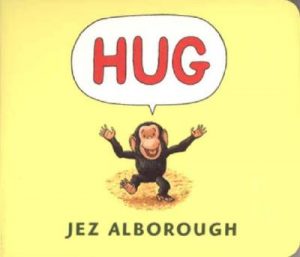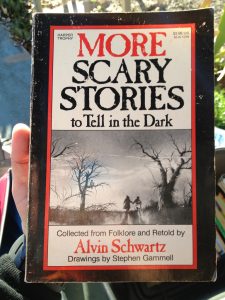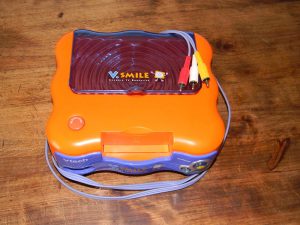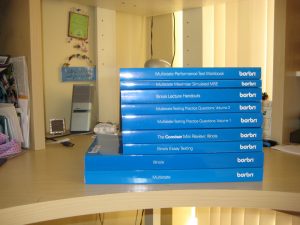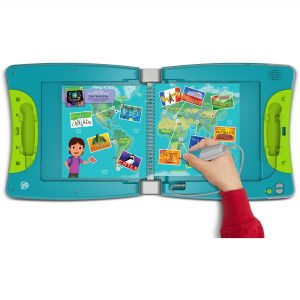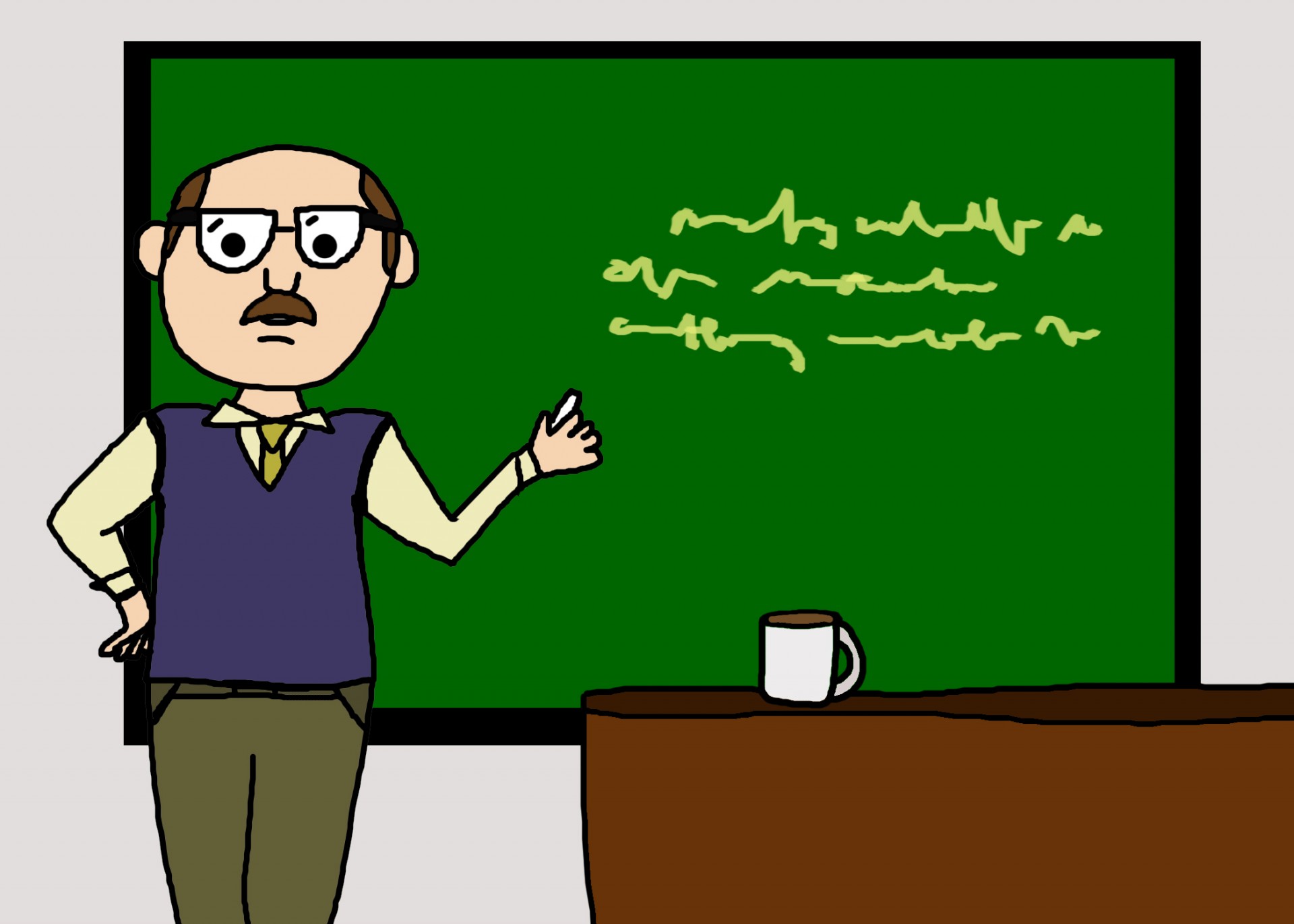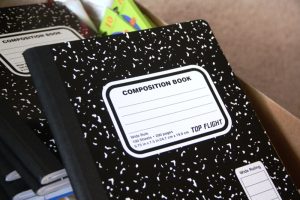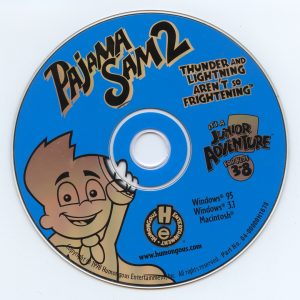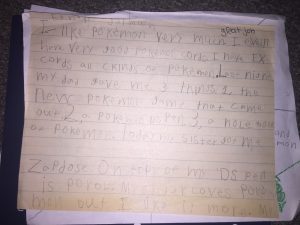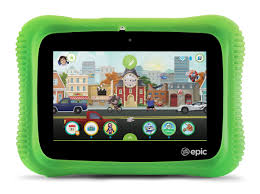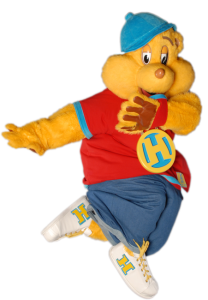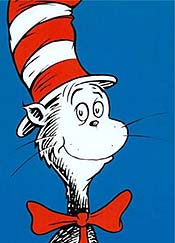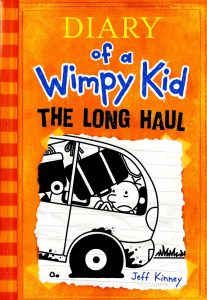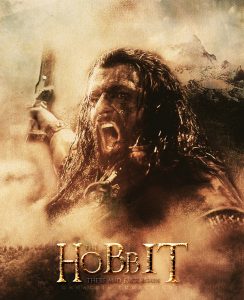Michele Melton
Dr. Licastro
English-151
08 September 2018
Learning to Read and Write

August 26th, 2012
The journey towards literacy is arguably the biggest developmental adventure that any child will ever go on. This “adventure” sets the foundation for what is to become a lifelong learner, and pushes each child into achieving all-around success. Of course, I am no exception to this, having gone on my own personal adventure many years ago. I stand before you here today as a college student, working on becoming a forensic chemist. Now that I’m here, and working towards my personal goals, I find it of the utmost important to recount my journey, and see just how far I’ve come in eighteen short years. As I travel back in time to my beginnings, you will see the influence that my family, books, and even video games had on my ability to read and write.

September 2nd, 2010
Of course, my family had a large impact on my ability to read and write; they taught me everything that I know, and that is not an exaggeration. I’m sure all of us can relate to one another when I say that our parents read to us before bedtime, or our families would make us read menus or signs while driving down the highway. My family was like that too, and always encouraged me to read the things that I saw. However, there is something that probably sets my family apart from yours, and that something (or rather, someone) is my grandma! I know you’re most likely thinking, “How exactly would that set your family apart? I have a grandma too!”, and yes, that’s true. However, even though I’ve never met your grandma, your grandma is not a crazy lady. Mine most definitely was. She took “teaching your child to read” to a whole new level. Every weekend, a much younger me would go over to her house every weekend and be greeted by giant, thick textbooks, piled up on the kitchen table, with mountains of pens and pencils to accompany them. And every weekend, a much younger me would sit in the most uncomfortable chair for two hours and do reading and writing exercises in those giant, thick textbooks. It was torture! Nothing made me happier when we finally took a break for dinner, but that happiness was short-lived. Right after dinner, the torture would continue…but this time, in Spanish. For another two hours, my grandma would quiz me endlessly on Spanish words, making me spell them, write them down, and even use them in a sentence. I begged to be like the other kids whose only Spanish lessons were from Dora the Explorer.
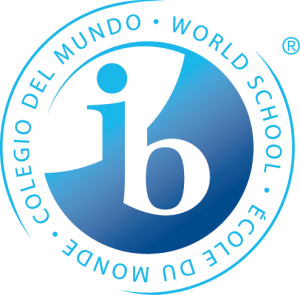
While I may be complaining a bit much, I truly am grateful for all of the effort my grandma, as well as the rest of my family, put into teaching me to read and write. Because of their efforts, I was put into talented and gifted classes when I started school because I was so far ahead of my classmates. That trend continued throughout my academic career, and has inadvertently led to me telling this story today! Of course, all of the reading that my grandmother made me do as a child developed a fervent love of books and a hunger for knowledge, which have their own role to play in this story…

August 26th 2012
Fast forward a bit to the start of elementary school, I’m four years old and excited to meet new people and learn about new things. It’s the first day, and my kindergarten teacher, Mrs. Pillow, has us sit in alphabetical order on the rainbow rug in the center of the classroom. This is the segway into teaching us about the alphabet. All of the kids in the room cheerfully call out the letters when she asks us what they are; all of the kids except for me. I was so bored sitting in the middle of the brightly colored rug, listening to letters and sight words that had already been drilled into my head by my grandma. My teacher, thankfully, takes notice of this and calls me out on it, as any teacher would assume I’m not paying attention to the lesson. She asks me to answer a question, so I do, and she seems mildly surprised at my ability to answer so quickly and with confidence. Being a very matter-of-fact child, I tell her that I’m bored and that I already know the alphabet from A to Z, in both English and Spanish, and would like something more challenging. She is very taken aback by this, and is not really sure how to respond to a four year old girl telling her that the alphabet is too basic. It’s almost as if we were acting out Matilda! Instead of making me suffer through the lessons she gave, she offered me to read during the lessons. I gladly accepted; I loved to read, and read I did! Most of my kindergarten days were spent reading a book, or several, at the round table while my classmates finished their lessons. Now, while books may naturally seem like a tool that advanced a child’s ability to read, books advanced my ability to write! Because my elementary school days were spent reading throes of books, I quickly became bored with the repetitive and often lackluster storylines they gave. Again, I needed something more. Writing had never really occurred to me as a child; I had always written silly journal entries about my day, but I had never written something of such high calibre! Nonetheless, I was feeling inspired by the fantasy books I had read, and decided to give it a go. My first stories weren’t anything special; they usually involved my friends and I doing something very normal, except we were mermaids or fairies, or some other mythical being. Looking back on it, my stories were the exact things we acted out at recess! Of course, writing is a skill that you develop with practice, so I continued to write stories…stories about literally anything! I quickly advanced from those silly stories about my friends and I, to drawing inspiration from actual books and using those characters to make up entirely new stories. With help from my English classes in advancing grades, I soon began to write full-fledged stories with more complex and vivid language, putting a lot of effort into the visual imagery of my work and putting a larger emphasis on literary devices. My writing had grown from simple, one-word journal entries, to writing short stories in a a few short years, all because I had read a lot of books as a child! While I don’t write nearly as much now, the love of books that I possessed as a child had certainly influenced my ability to write in a major way!
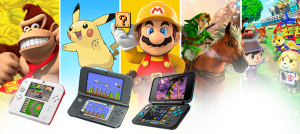
Now, while the educational value of video games is certainly debatable, playing video games had a huge influence on my ability to write, especially as a young child in elementary school, where I was first getting into storytelling! When I wasn’t doing schoolwork or reading a book, I could be found curled up on my bed playing a video game. They were first introduced to me in first grade, and I had immediately fallen in love, and had taken to playing them for…unhealthy amounts of time, if I have to be perfectly honest. I was always adventuring with Link in Legend of Zelda, or battling the gym leaders in Pokémon Heart Gold. Video games, alongside books, gave me exposure into different writing styles, especially as I discovered new genres of games, like RPGs or puzzle/mystery games. I learned to write in a way that would cater to a certain audience, and I was given a semblance of how plot works, as in games there are certain “checkpoints” where certain important events take place. By playing these games, I was able to expand my horizons as a writer by drawing more inspiration from source material, which in turn made me a stronger writer by giving me an example of what a well-written, albeit playable, story is. Plus, most video games don’t have a linear storyline, so there was always something for me to draw inspiration from as a young writer. Video games are quite literally visual novels, and for me, the worlds they contained were so much more immersible, and I was always lost in them for hours on end, daydreaming about the characters they contained. There’s not really much that differs from video games to books in my case, they both influenced my ability to write creatively in a similar manner, but video games were such a significant part of my childhood that it would be criminal not to include them!
All in all, each one of these things had a significant impact on my ability to read and write, and each one of these things has played a role in making me who I am today; a lifelong learner. From my grandma’s torturous lessons every weekend, to playing video games when I should have been doing my schoolwork, I’m happy to be able to clearly see where I came from as a learner, and how my journey into literacy has carried me thus far in life. I’m excited to see where my knowledge will take me next after college, and even further beyond.
